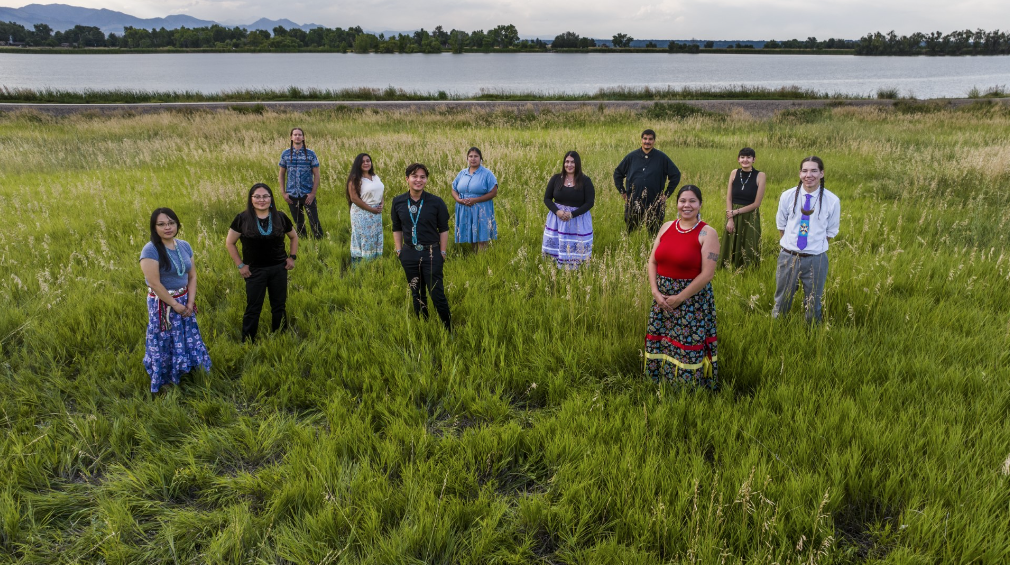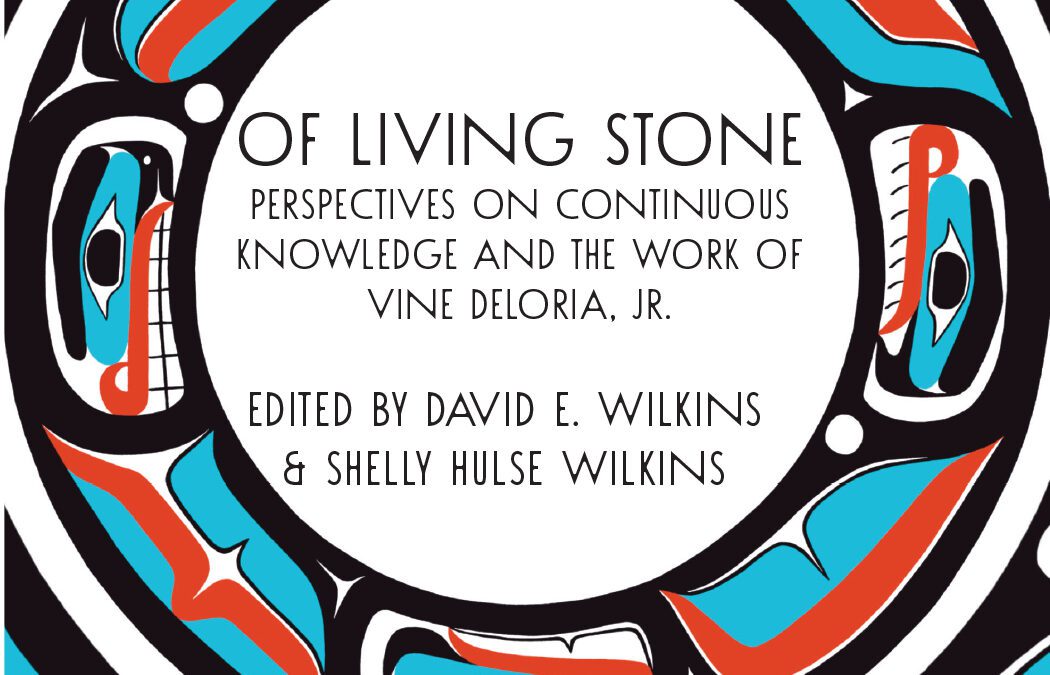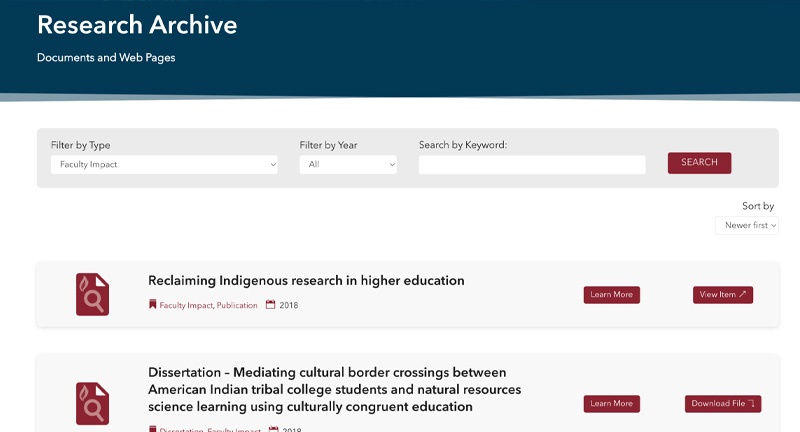Growing up in an urban environment was not easy for us. A lot of nights we weren’t sure whether or not we would eat dinner. It was in the Eastside of London Ontario, Canada where the struggle of survival and the knowledge of the “real world” began. We were not exposed to our culture other than at powwows; we were not familiar with our traditional languages, nor did our family participate in ceremony. As adults we understand the power of ceremony, culture and prayer; this is something that we agree is beneficial if it is present every day.
We were labeled “troubled teens” and always seemed to be present where the “trouble” was. Our actions reflected negatively upon us and we were viewed negatively by many people in the community. On multiple occasions we were told, “You are never going to be anything in life.” At that point in our lives we were quick to brush off those statements, but after a period of time that sentiment started to become reality.
It wasn’t until sometime in 2001 when our eyes began to open and realize that our future was not set, but our future was going to be what we made it. Statistically we might never overcome the obstacles of drug abuse, alcoholism, poverty, and violence. Society suggested for so many years that we were failures in this world. This was not the case for either one of us and we sought something better in life.
With constant support from our mother, Nancy Summers, we would face many challenges along the way such as discrimination, direct racism, and the normal economic and academic challenges any student faces. We did however share a common promise: to take care of our mother so she has no worry or conflict of any sort as she grows older. Another common goal we share is to ensure our children all become college graduates in the future, or have knowledge that success is accomplishable in what ever they pursue. The only way for us to keep this promise was through getting an education.
We feel it is completely necessary to share our story in hopes that other Native people will recognize the possibilities provided by education and create their own reality inspired by dreams. It is our responsibility to directly enhance the development of Indian Country and encourage our youth that there are other Native Americans who grew up underprivileged in tough situations and were able to empower themselves to true independence. Empowerment lies within our degrees. We have dedicated our lives to not only the world of science, but to Higher Education in Indian Country.
Native American Heritage Month is a time for us to share stories, struggles,, and triumphs, and display to one another that we will not be broken and we will persevere. As Native Americans, we are in the perfect position right now to concentrate on the positives and possibilities afforded to us while lifting each other up with support.
We need to learn to congratulate one another for our achievements in a society that once told us that we were not good enough, not smart enough, not intelligent enough, or rich enough to make it in “their world.”
Our success can be measured through what we have overcome and the goals we are still seeking to accomplish. Our current accomplishments have been supported by many individuals, organizations, and role models too numerous to name here, but should equally be recognized that this is an effort and accomplishment of Native American higher education and the people before us who struggled to lay the ground work for us to succeed. In honor of all of the former, we will strive to provide the support to the youth of our families, our heritage, and our people that is owed. We believe that we are living proof that it doesn’t matter where you came from; it only matters where you’re going.
Yaw^ko (Thank you)
Although we are by far not fluent in the Oneida language, we understand and respect the meaning and message that comes with it. Luckily, we have good friends whom we grew up with that do know the language. A big thank you to Sasha Doxtator and Luke Nicholas for the translations.
Tsi’niyukwalihota – “Our children learn the old way”
Yako’nikuliyo’stu – “Good Mind,” a common word used in the Oneida Language. It refers to thinking, living and acting in a positive manner. In every deliberation we are using our good minds for the good of our community.
Dereck and Audra Stonefish are both enrolled members of the Oneida of the Thames First Nations located near London, Ontario, Canada. In 2008, Dereck graduated with a Bachelor of Science degree in Environmental Science. Audra graduated in 2012 with a Bachelor of Science in Environmental Science, both from Sitting Bull College, located on the Standing Rock Indian Reservation in Fort Yates, North Dakota. In 2010 Dereck began the pursuit of a Ph.D. of Zoology at North Dakota State University, where he is one of only four Native Americans to be awarded the prestigious National Science Foundation Graduate Research Fellowship in its history. Dereck is planning to defend his doctoral research in 2014.
In the fall semester of 2012 Audra began her Ph.D. of Entomology, also at North Dakota State University at the School of Natural Resource Sciences, and is planning to defend her doctoral research in 2017. She is also an Embrey Indian Women in Leadership Fellow through the American Indian College Fund, a four-year, $20,000 fellowship awarded to 20 Native women chosen from across the U.S.









